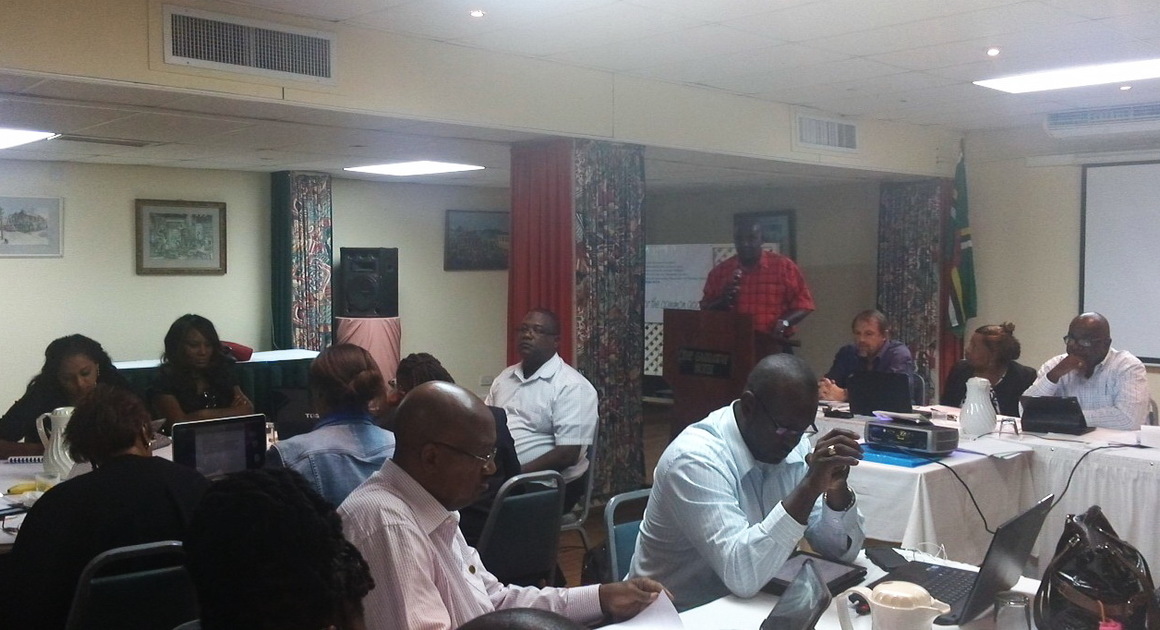PSI 2014 Caribbean SUBRAC

The Garraway Hotel in Roseau, Dominica was the venue of the 2014 Caribbean sub-regional advisory committee meeting. Forty-three trade union leaders and activists (24 women and 19 men) representing 22 of the sub-region’s 24 affiliates met on March 8 and 9 to review work in 2013 and to make recommendations and plans for 2014/2015. Among them were eight young workers (2 men and 6 women). Affiliates come from 20 countries and territories; populations range from 5,000 in Montserrat to 10 million in Haïti; there are 6 official languages and multiple currencies; the countries are small open economies comprising islands and parts of the Central and South American land masses; some countries have political independence, others are British Overseas Territories with self-government, and others are parts of metropolitan countries (France, Netherlands).
- Read this in:
- en

Comms
2013 sub-regional priorities and plans for 2014/2015: The SUBRAC meeting reviewed work carried out in 2013, noting the linkages to PSI’s 4 strategic priorities. Gender equality, young workers, communications and union development (specifically material writing) were also key components of the work carried out. The activities in 2013 covered issues of anti-privatisation, precarious work in the public service sector and PPPs; fair taxation and funding of public services; relations with global and regional financial institutions; violations of trade union rights; collective bargaining in the public sector in times of crisis; and the growth and sustainability of public service sector trade unions, with special linkages to trade union renewal.
The committee especially noted the excellent opportunities provided through the 2011-2013 FES-PSI cooperation project in the Caribbean. The project design allowed the sub-region to focus on PSI’s strategic priorities, and the specific and unique realities in the sub-region, while at the same time continuing to build the skills, knowledge and capacity of trade union activists and their unions. Project participants developed skills and prepared research studies and briefing papers on precarious work in the public sector; fair taxation and the Robin Hood tax; case studies on collective bargaining in times of crisis and experiences with private public partnerships; sustainable development and the transition to a green economy; and trade union renewal. The result is a cadre of activists – many of whom are women and young workers - who are equipped to represent the PSI and Caribbean public sector trade union case at various fora.
For more information:
Download a PDF of the full report
The SUBWOC recommendations on sectoral work
The SUBWOC report